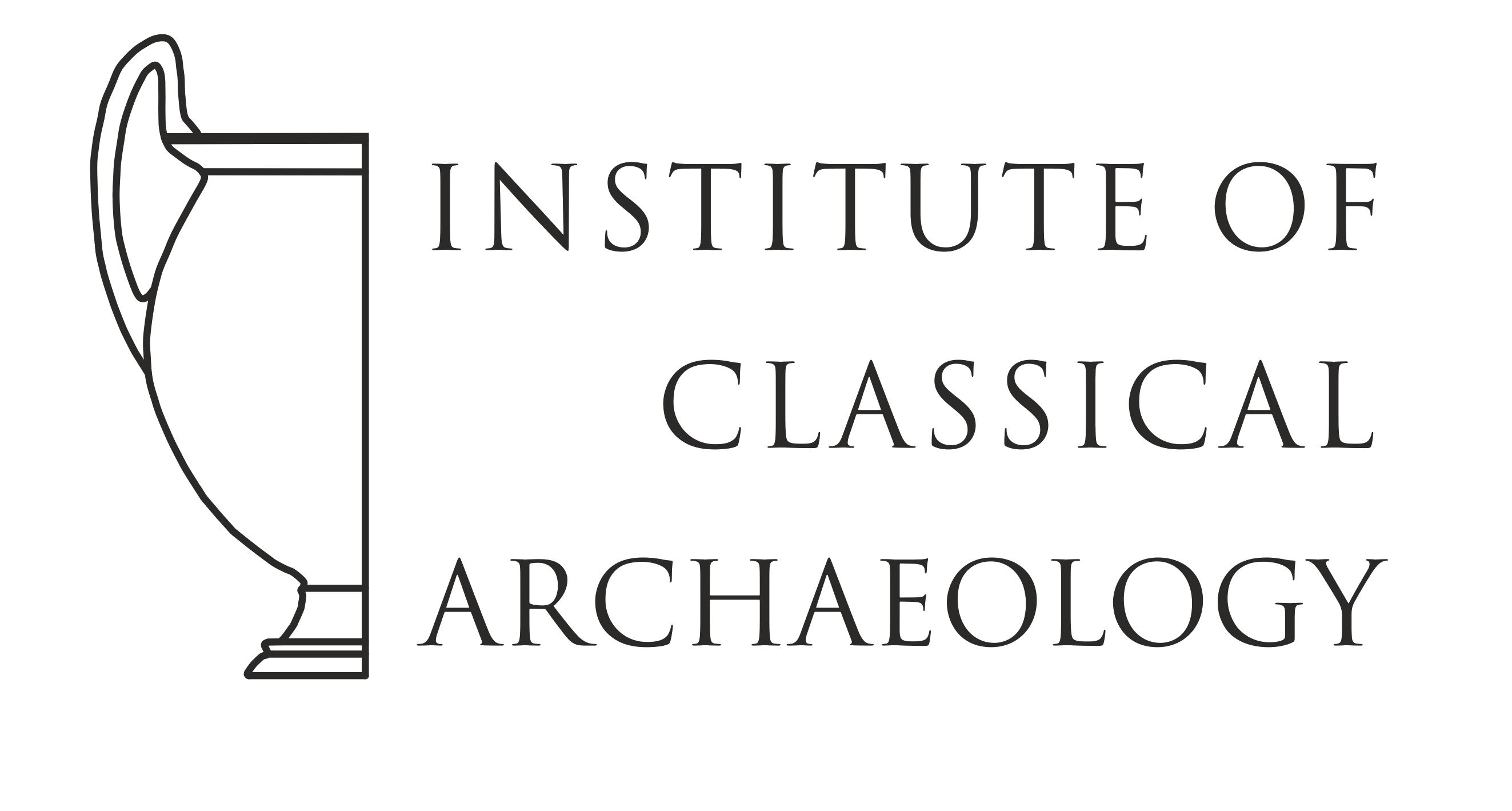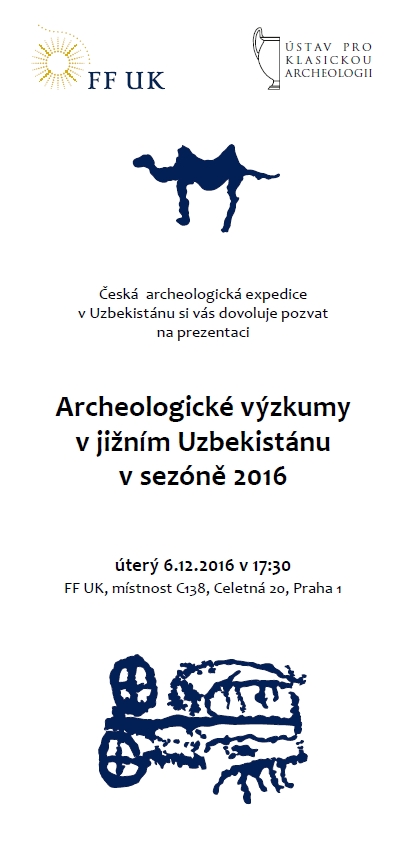The institute currently teaches courses related to the study of Bronze Age art and archaeology in the Aegean, Greek archaeology (the first part of the course focuses on the formation of Greek culture, architecture and art from the early Iron Age to the Archaic Period – including the cultural sphere of Magna Graecia – while the second part concentrates on the Classical Period of the 5th-4th centuries B.C.); the Hellenistic Period and the diffusion of Greek culture in the Mediterranean, Black Sea and western Asia. The archaeology of Italy maps prehistoric cultures and emphasizes the development and growth of Etruscan society and culture. Roman archaeology analyzes the developments in Italy during the Republic and subsequently the archaeology of the Roman Empire. In addition to this basic framework of archaeological knowledge, students will also be introduced to the topic of contacts between the Graeco-Roman world and neighboring areas in the Black Sea area, the Middle East and Central Asia. A course in Roman provincial archaeology focusing on the European provinces in the 1st – 4th centuries A.D. serves to broaden this perspective. This body of knowledge is further expanded by lectures on ancient topography, ancient history and culture, architecture and technology. Students will also become acquainted with the basics of fieldwork, methodology and current trends in archaeological practice.
Master’s degree students may focus their studies on several specializations. Apart from the art and archaeology of Antiquity (that is, Greece and Italy) itself, these are: relations between Central Europe and the Mediterranean, relations between the Mediterranean and the Middle East/Central Asia, Roman provincial archaeology, and traditions of Antiquity in art and architecture.




